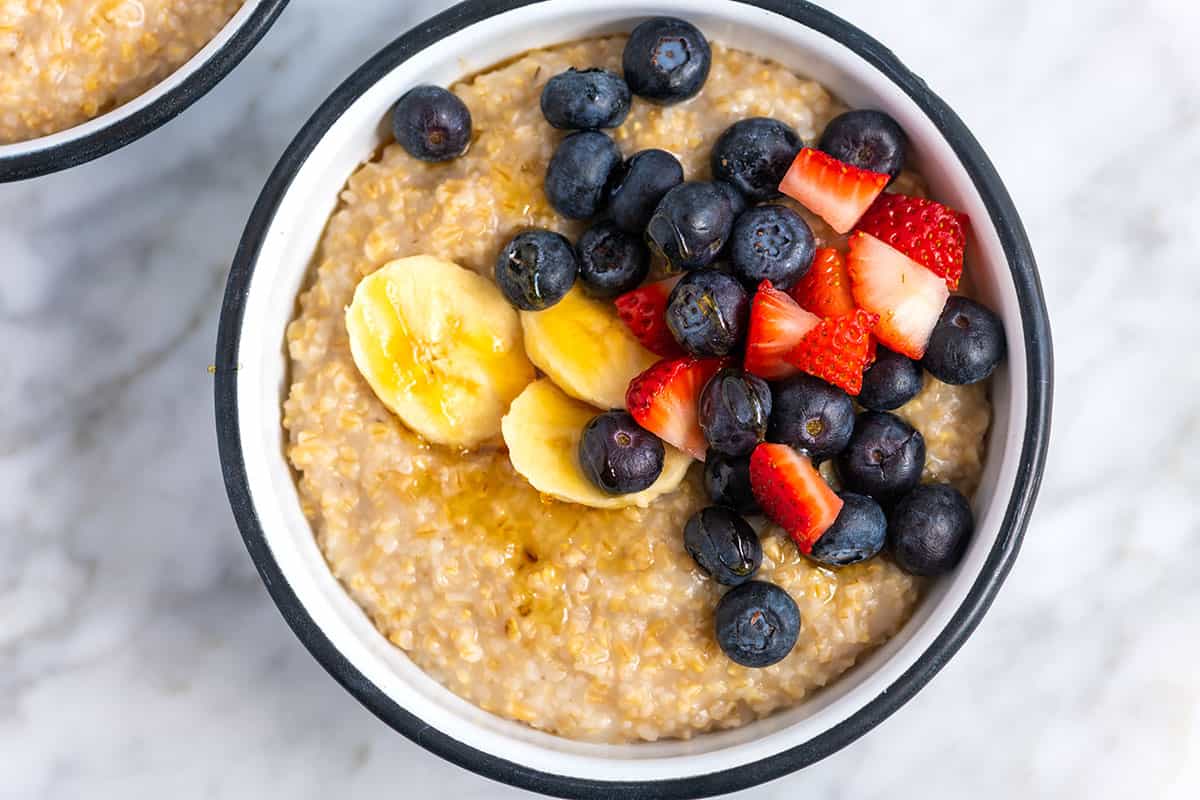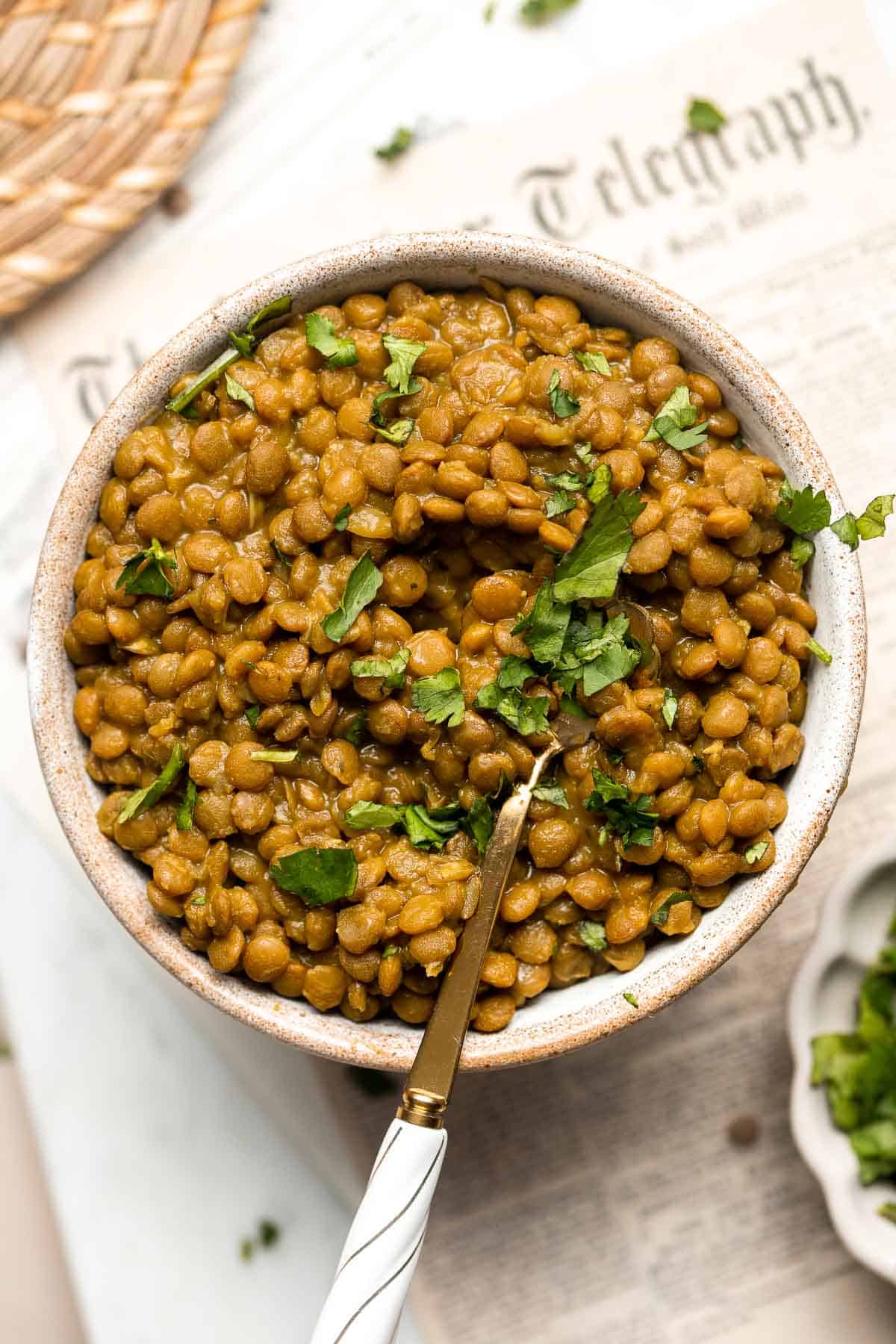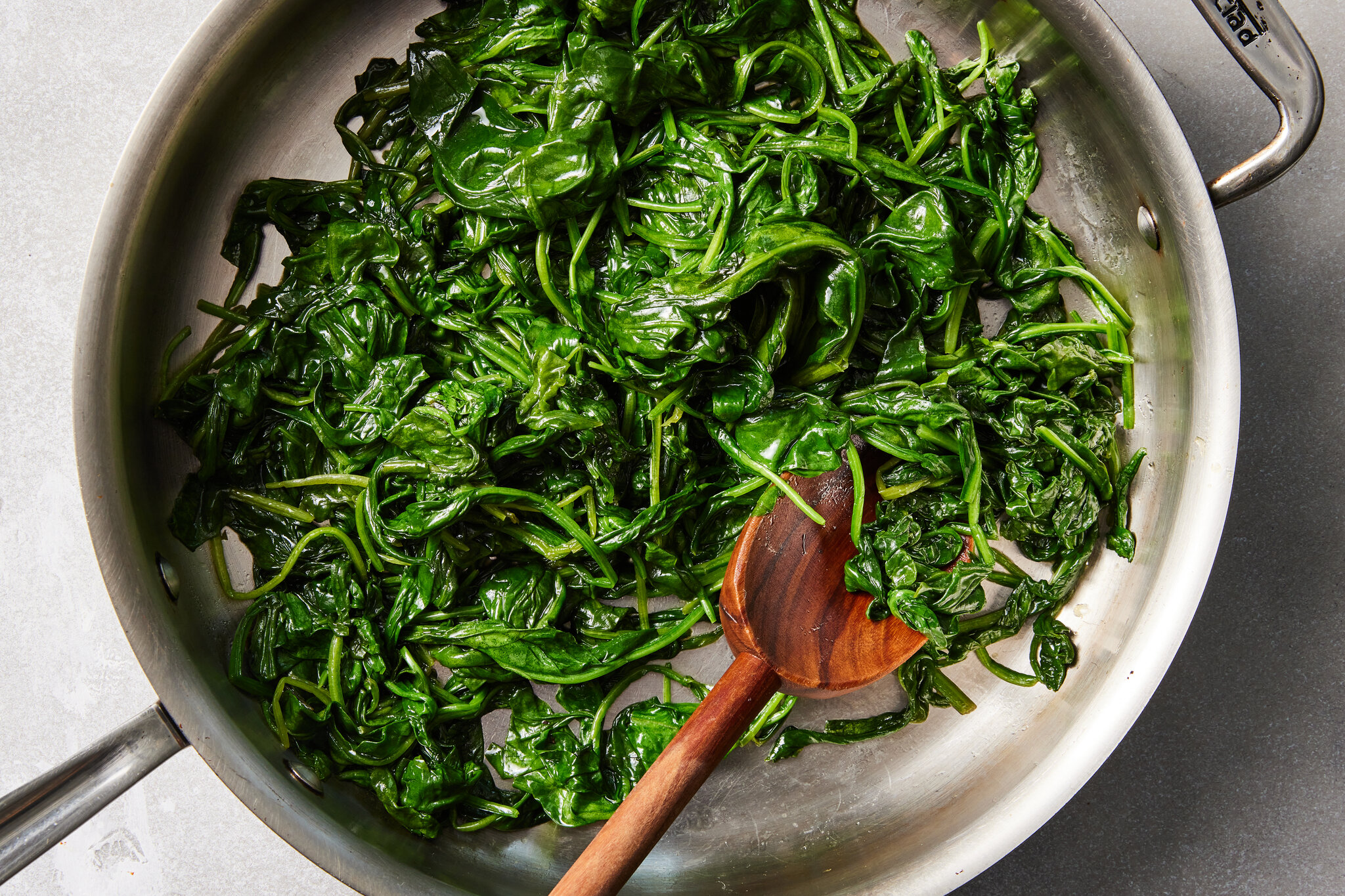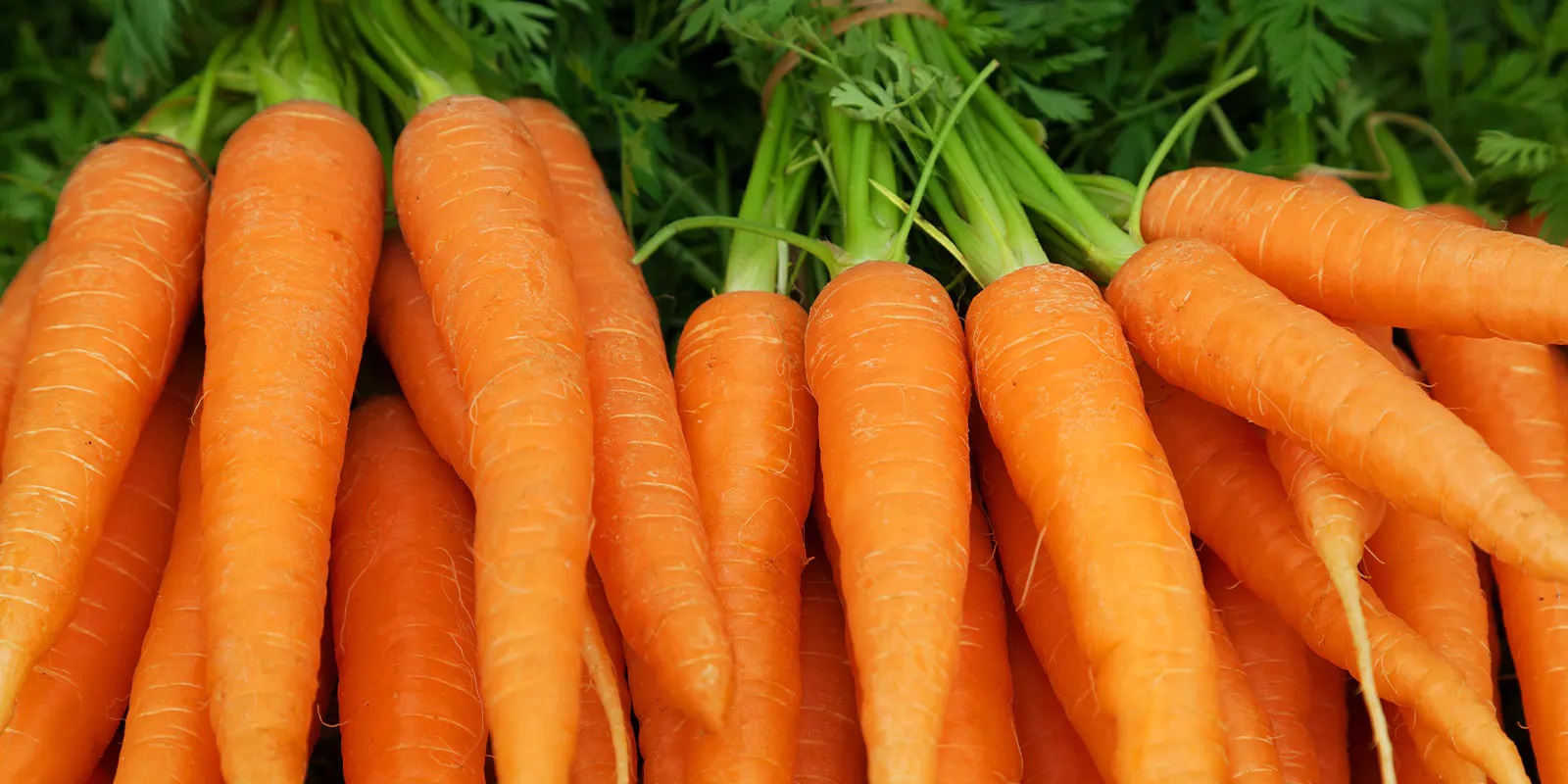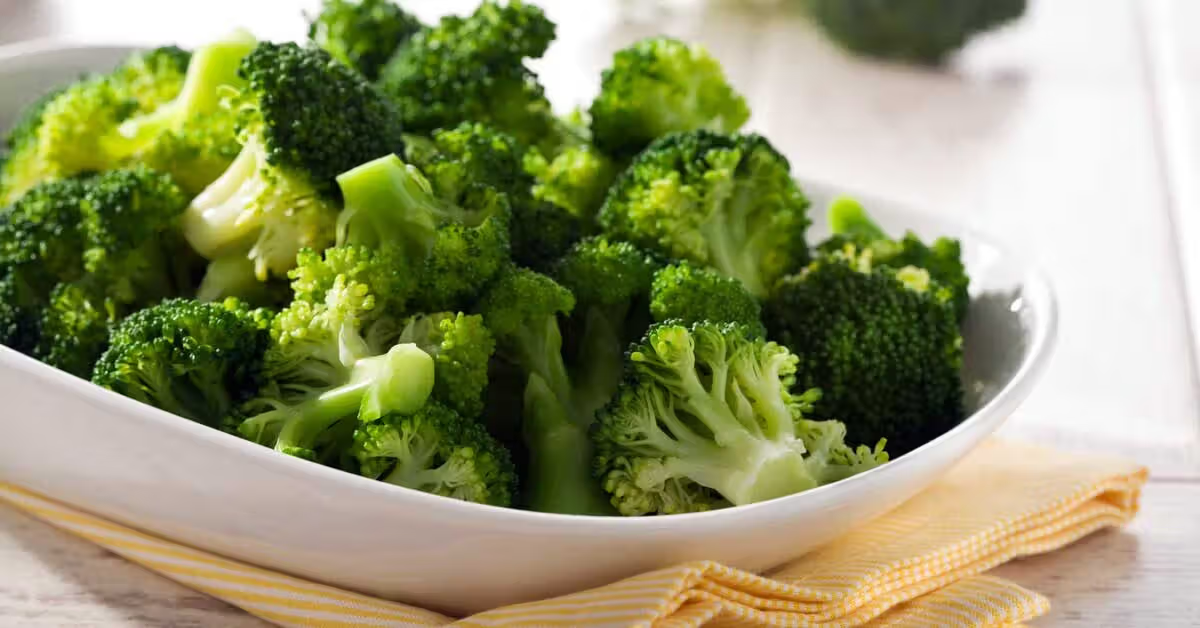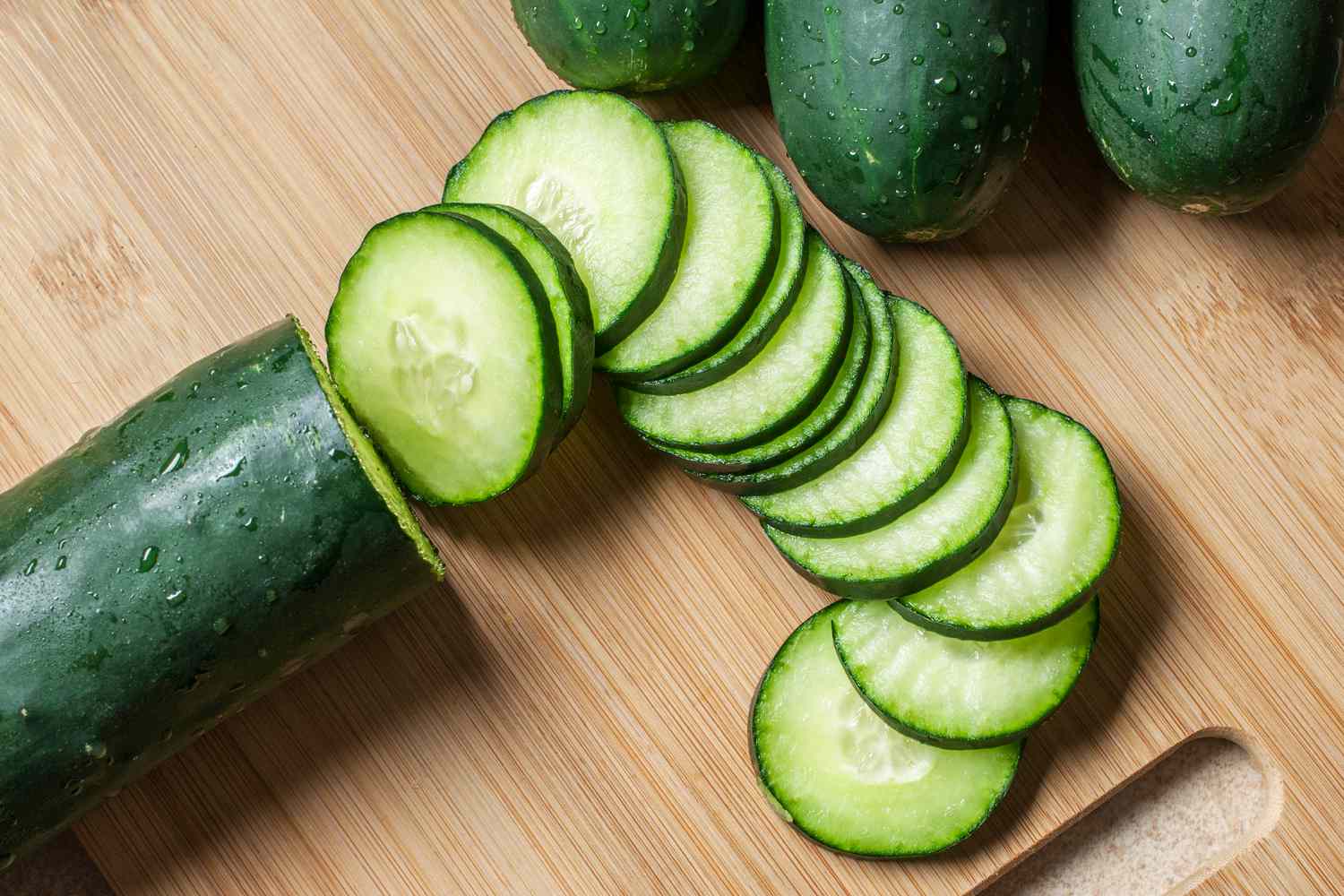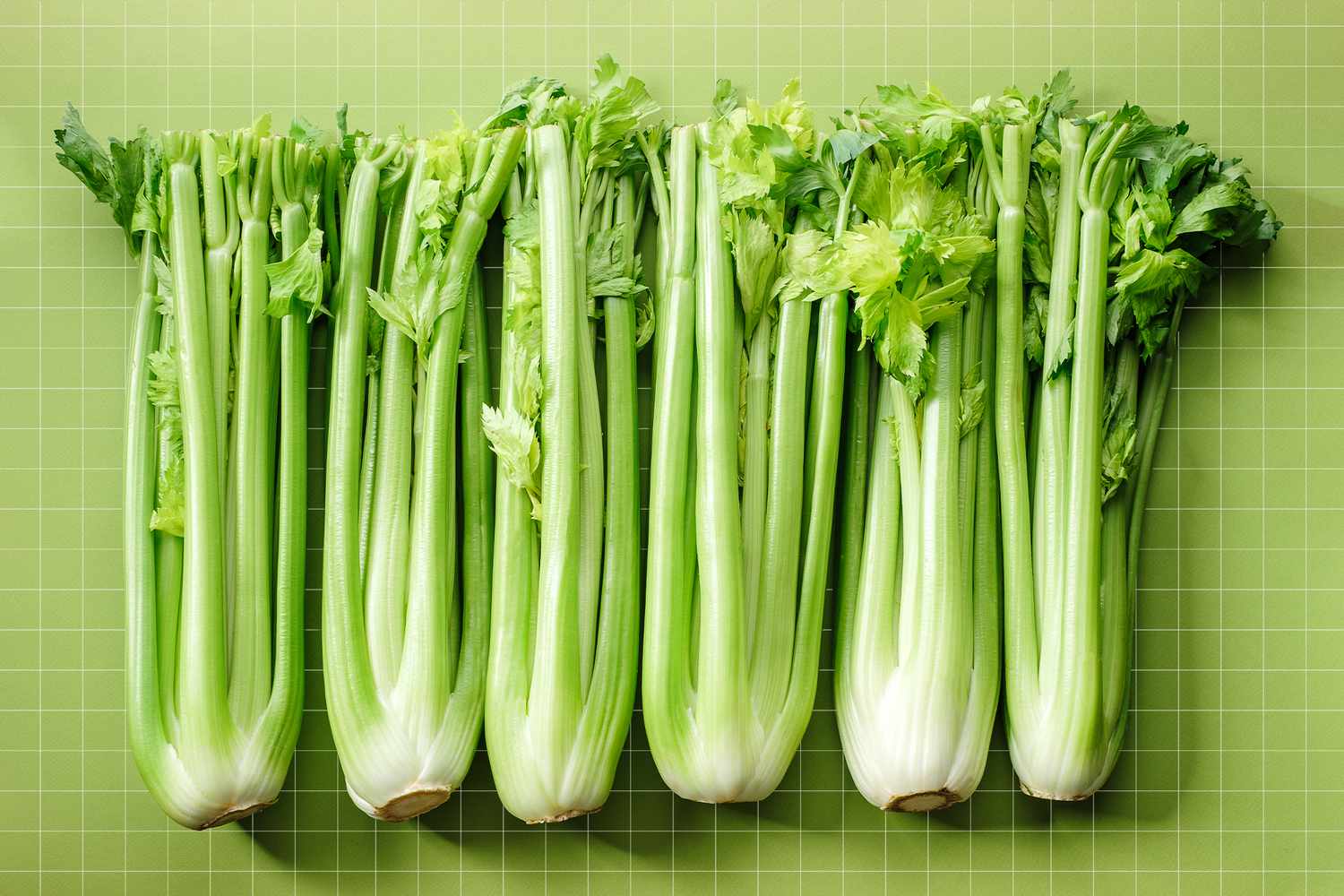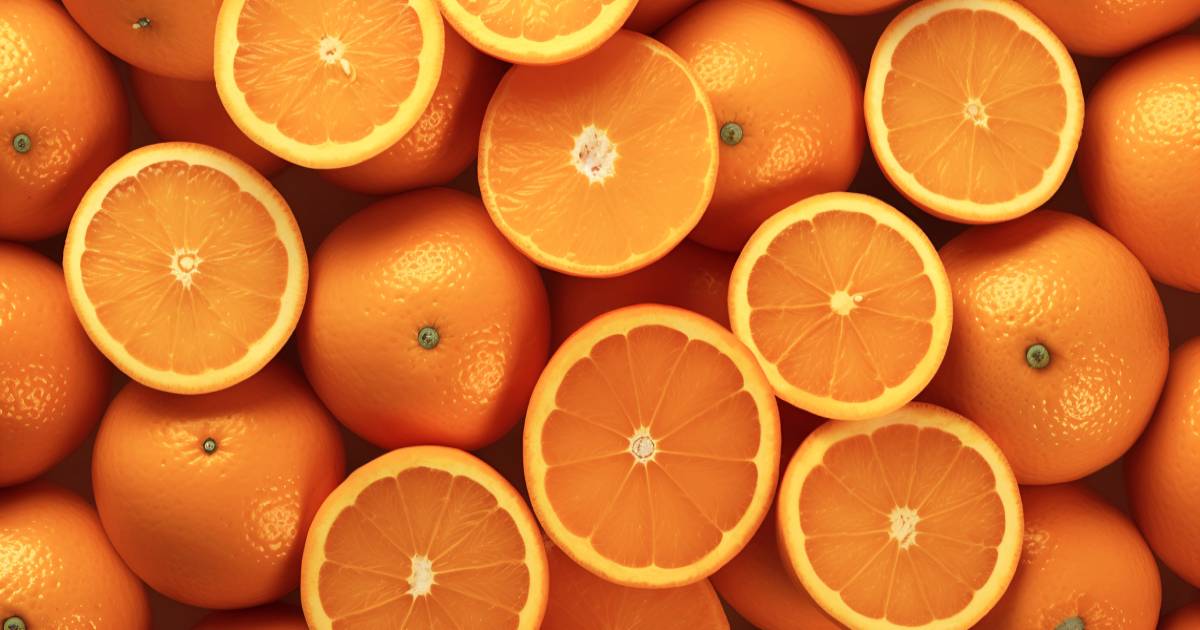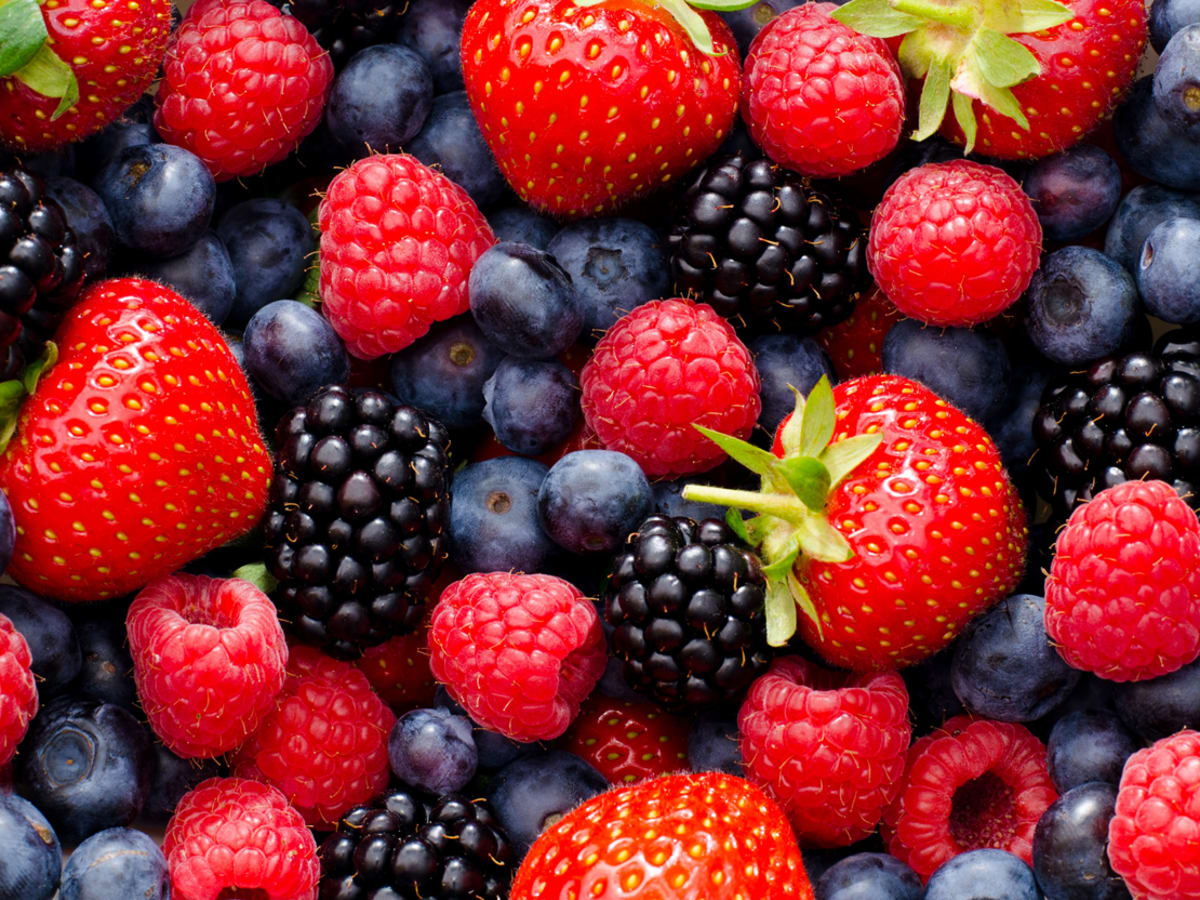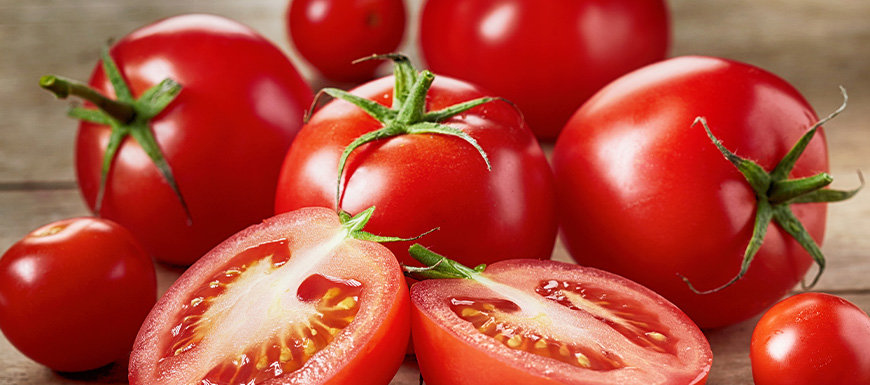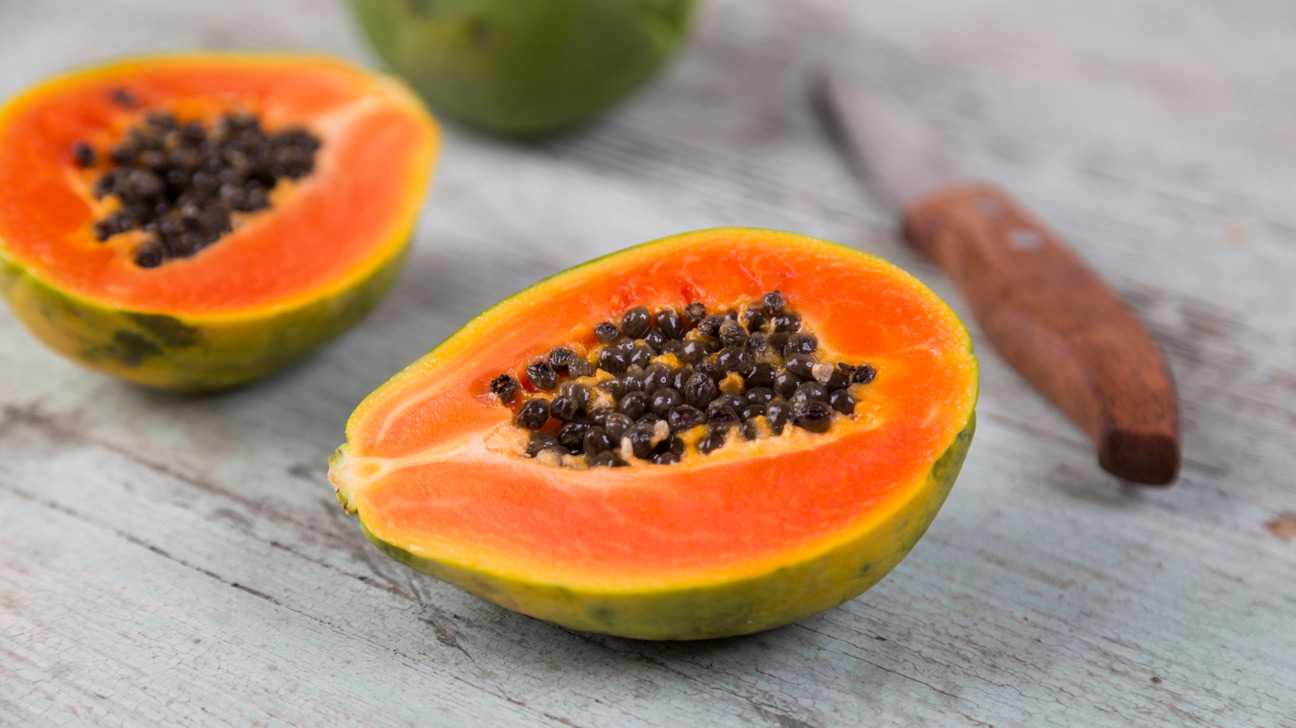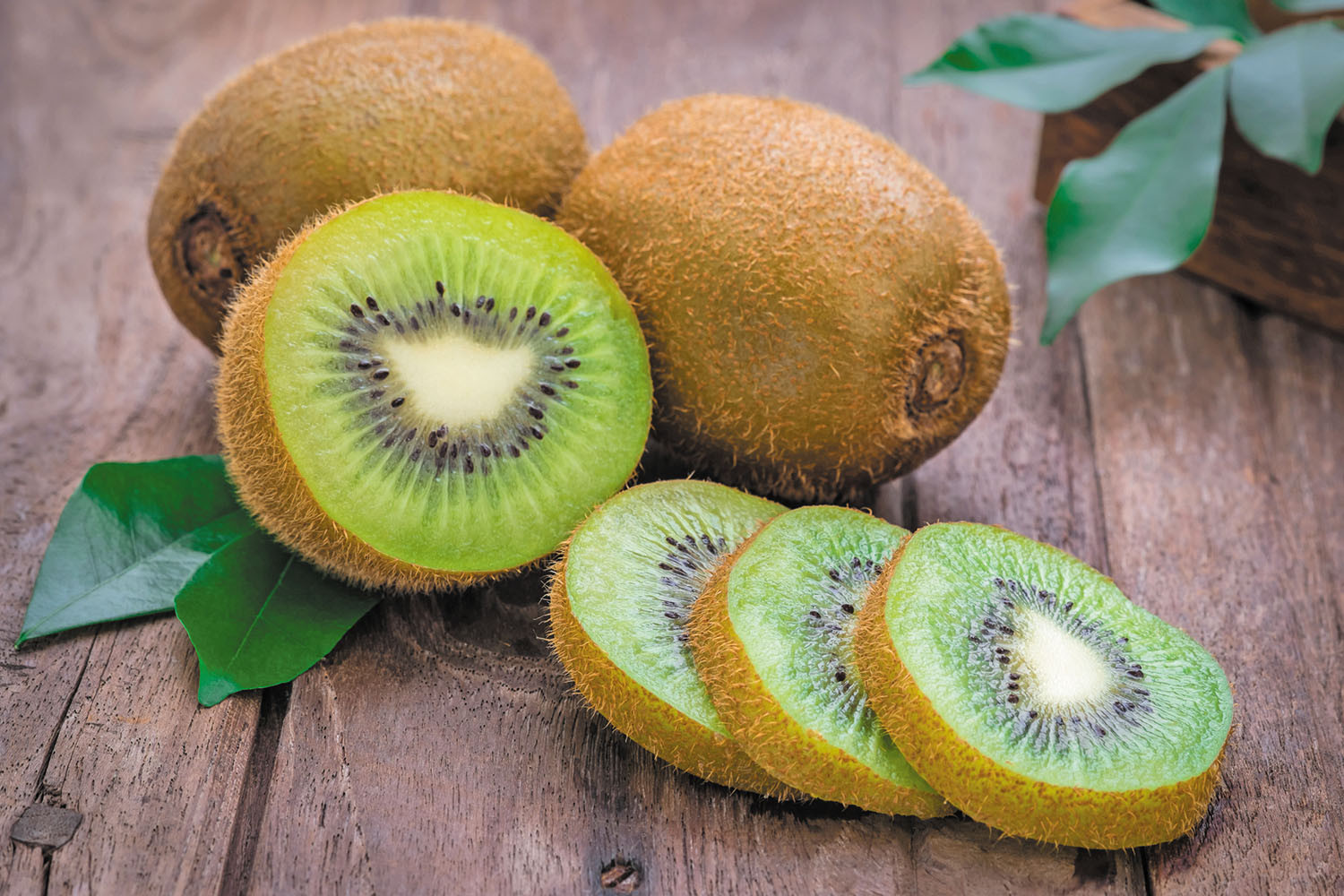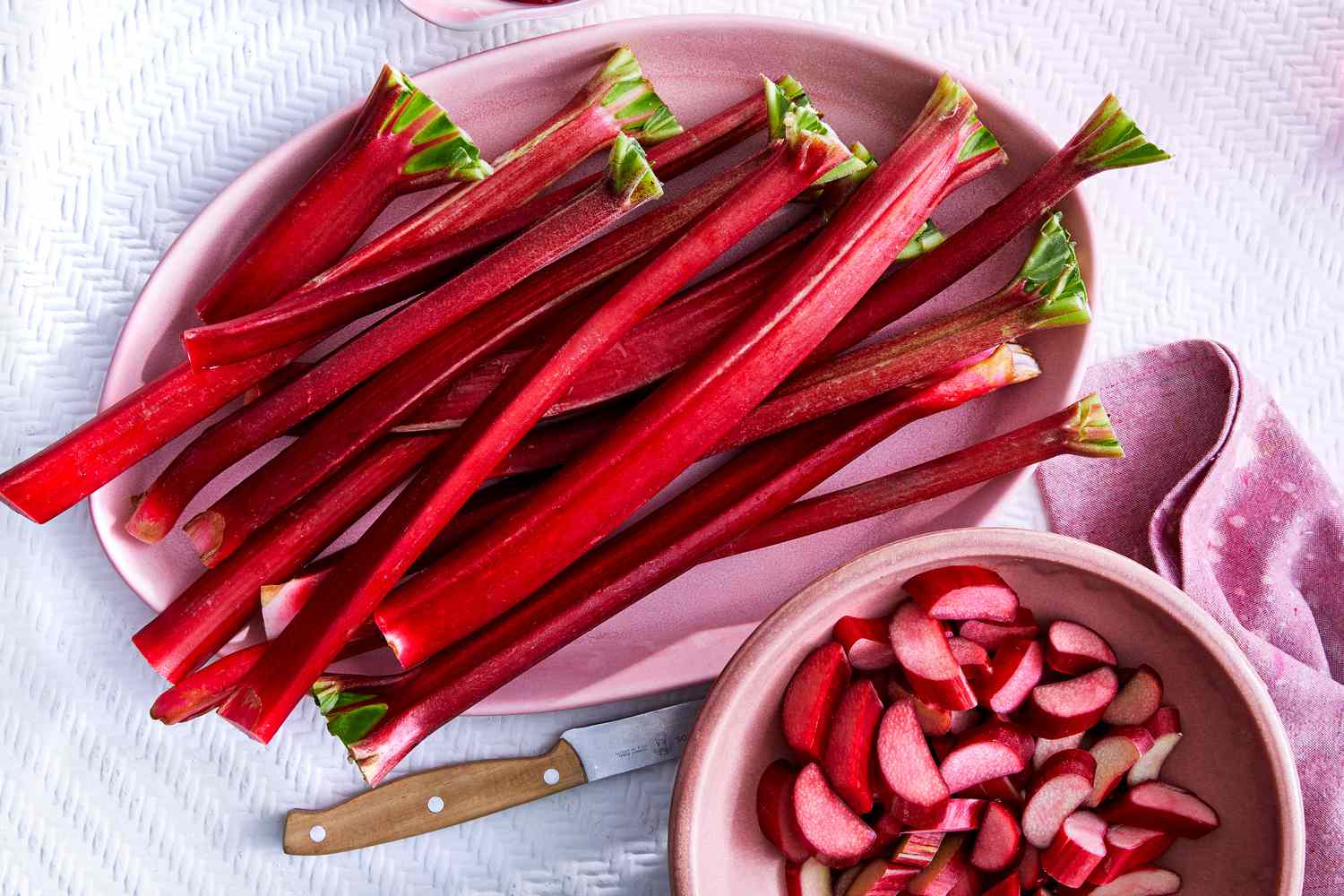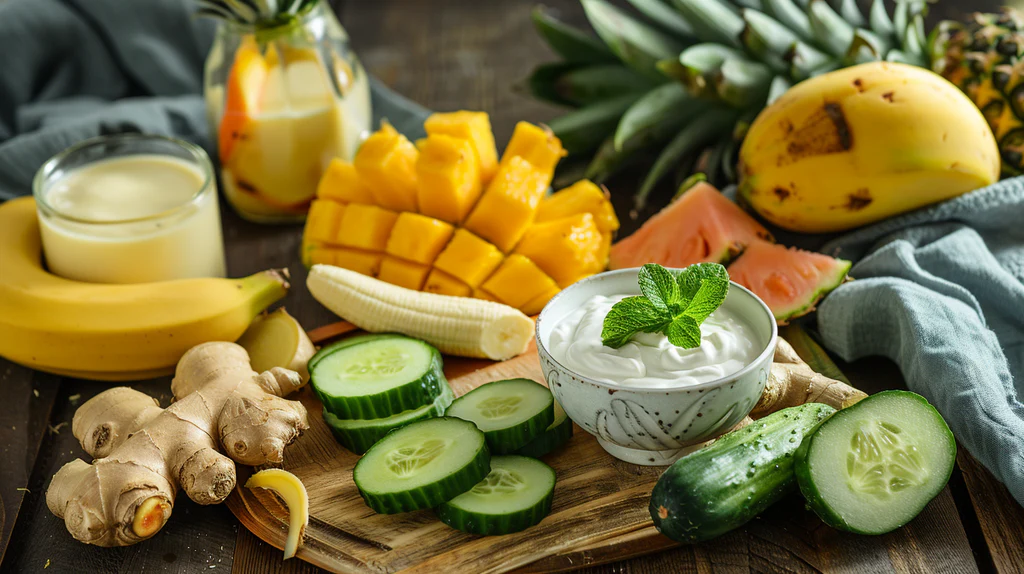
Have you ever felt uncomfortably bloated after a meal and wished there was a simple way to ease it? Bloating isn’t just a physical discomfort-it can affect how you feel and move through your day. It’s often caused by gas, water retention, or indigestion, but the good news is that the right foods and habits can make a world of difference.
In this guide, we’ll explore 15+ science-backed foods that reduce bloating, practical tips to avoid triggers, and expert lifestyle habits for long-term digestive health. Whether you’re dealing with occasional bloating or ongoing discomfort, you’ll find actionable solutions here.
Quick Summary: Top Foods To Reduce Bloating
Here’s a quick overview of the foods we’ll cover, categorized by their unique benefits:
- Fiber-Rich Foods: Oats, lentils, spinach, broccoli, carrots.
- Hydrating Foods: Cucumbers, celery, oranges, tomatoes.
- Enzyme-Rich Foods: Pineapple, papaya, kiwi, rhubarb.
- Probiotic Foods: Yogurt, kefir, kombucha, kimchi, sauerkraut.
- Herbal Remedies: Ginger, peppermint, turmeric, green tea.
For detailed tips on how to incorporate these into your routine, keep reading!
Foods That Help Reduce Bloating
1. Oats
Oats are a fiber powerhouse, containing beta-glucan, a type of soluble fiber that helps keep your digestive system running smoothly by forming a gel-like substance that promotes regular bowel movements.
Additionally, oats have anti-inflammatory properties that soothe the gut, making them ideal for reducing bloating.
- Nutritional Perk: A half-cup of oats provides about 4 grams of fiber, contributing to 16% of your daily fiber needs.
- Pro Tip: Top your oatmeal with gut-friendly fruits like bananas or berries for an extra boost of fiber and antioxidants.
Read Also: Anti-inflammatory Diet Basics - Simple Steps For A Healthier Life
2. Lentils
Lentils are not only a great source of plant-based protein but also high in both fiber and resistant starches. These starches act as prebiotics, feeding healthy gut bacteria and promoting digestive health. Lentils are particularly effective at improving regularity and preventing constipation.
- Nutritional Perk: A cup of cooked lentils offers around 15 grams of fiber, covering over half of your daily requirement.
- Pro Tip: Cooking lentils with spices like cumin, turmeric, or ginger can reduce gas-forming compounds, making them easier to digest.
3. Spinach
Spinach is rich in prebiotic fibers that nourish beneficial bacteria, particularly Lactobacillus. It’s also loaded with magnesium, which helps relax the digestive muscles, easing constipation and promoting smoother digestion.
- Nutritional Perk: A single cup of cooked spinach contains about 4 grams of fiber and is packed with iron and magnesium.
- How to Use: Add raw spinach to smoothies or salads for a fiber boost, or sauté it lightly with olive oil and garlic to preserve its nutrients.
4. Carrots
Carrots are a low-calorie, high-fiber vegetable that supports regular bowel movements. They’re also rich in vitamin A, which promotes a healthy gut lining and helps maintain a balanced gut microbiome.
- Nutritional Perk: A cup of raw carrots provides about 3.5 grams of fiber.
- Fun Fact: Carrots’ natural fiber acts as a gentle colon cleanser, helping to prevent buildup in the digestive tract.
See Also: How Long Do Carrots Last In The Fridge?
5. Broccoli
Broccoli is a nutritional superstar, containing sulforaphane, a compound that enhances gut bacterial diversity, essential for optimal digestive health. While its high fiber content is beneficial, broccoli can cause gas if consumed in large amounts, so moderation is key.
- Nutritional Perk: A cup of steamed broccoli delivers 5 grams of fiber, making it a filling and gut-friendly choice.
- Pro Tip: Steaming broccoli can reduce its gas-producing effects while retaining its nutrient content, making it gentler on the stomach.
Hydrating And Anti-Inflammatory Foods
Proper hydration is crucial for reducing water retention and flushing out toxins that can lead to bloating. These hydrating foods also offer anti-inflammatory benefits.
6. Cucumbers
Cucumbers are made up of 95% water, making them one of the most hydrating foods available. They’re also rich in quercetin, an antioxidant that reduces inflammation in the gut and helps alleviate bloating caused by water retention.
- Nutritional Perk: A cup of sliced cucumbers contains just 16 calories but provides a refreshing hydration boost.
- Pro Tip: Pair cucumber slices with a sprinkle of sea salt and lemon juice for a light, bloat-busting snack. For a hydrating twist, add cucumber slices to your water.
7. Celery
Celery is a natural diuretic thanks to its mannitol content, a sugar alcohol that draws water into the digestive tract to ease constipation and reduce bloating. Its anti-inflammatory flavonoids also calm the gut lining.
- Nutritional Perk: Celery is low in calories (16 calories per cup) and rich in potassium, which helps balance sodium levels and prevent water retention.
- How to Use: Blend celery into green juices or chop it into salads for a crunchy, hydrating boost. For extra flavor, dip celery sticks in hummus or peanut butter.
Also Read: How Long Does Celery Juice Last In The Fridge?
8. Oranges
Oranges are a hydrating powerhouse, thanks to their high water content and a rich dose of vitamin C, which supports the growth of beneficial gut bacteria. They also provide dietary fiber to keep your digestive system regular.
- Nutritional Perk: One medium orange contains about 3 grams of fiber and over 100% of your daily vitamin C needs.
- Pro Tip: Avoid orange juices with added sugars and stick to eating whole oranges for maximum fiber and hydration benefits.
9. Berries
Berries, including strawberries, blueberries, and blackberries, are bursting with antioxidants that reduce gut inflammation. Their high fiber content supports regular digestion, making them ideal for bloating relief.
- Nutritional Perk: Blackberries contain nearly 8 grams of fiber per cup, one of the highest among fruits.
- Fun Fact: The antioxidants in berries, such as anthocyanins, not only support gut health but also boost overall immunity.
- How to Use: Add fresh berries to yogurt, oatmeal, or smoothies for a fiber-rich, gut-friendly treat.
10. Tomatoes
Tomatoes are rich in lycopene, a powerful antioxidant that reduces inflammation and promotes heart health. They also contain potassium, which helps flush out excess sodium and prevents water retention. Additionally, their prebiotic properties support the growth of healthy gut bacteria, aiding digestion.
- Nutritional Perk: A medium tomato provides around 5% of your daily potassium needs and is extremely low in calories.
- How to Use: Add fresh tomatoes to salads or roast them with olive oil and herbs for a nutrient-dense side dish. They’re also a great base for soups, sauces, and salsas.
Enzyme-Rich Foods To Improve Digestion
Enzymes help break down food efficiently, reducing the likelihood of gas and bloating. These foods are particularly helpful after heavy meals.
11. Pineapple
Pineapple contains bromelain, a powerful enzyme that aids in breaking down proteins into smaller amino acids, making them easier to digest. It also has anti-inflammatory properties that help reduce bloating and stomach discomfort.
- Nutritional Perk: One cup of pineapple provides 131% of your daily vitamin C needs along with digestive support.
- Pro Tip: Eat pineapple as a light dessert after a protein-heavy meal like steak or chicken to improve digestion. You can also add fresh pineapple to smoothies or salads for a tropical twist.
You Might Like: Is Pineapple A Man Made Fruit?
12. Papaya
Papaya is rich in papain, an enzyme that supports the breakdown of proteins and fats. It also soothes the digestive system, making it an excellent choice for preventing bloating and reducing stomach discomfort.
- Nutritional Perk: Papaya is low in calories and provides a good amount of vitamin A and folate.
- How to Use: Blend fresh papaya into a smoothie with lime juice for a refreshing, gut-friendly drink. Alternatively, enjoy it diced as a light snack or dessert.
13. Kiwi
Kiwi contains actinidin, a unique enzyme that speeds up the digestion of proteins and helps food move through the stomach more efficiently. It also contains fiber and antioxidants that support gut health.
- Nutritional Perk: A single kiwi contains about 2 grams of fiber and over 70% of your daily vitamin C needs.
- Pro Tip: Pair kiwi with yogurt for a double dose of digestion-boosting enzymes and probiotics. Eating one kiwi daily has been shown to improve digestion and relieve bloating.
14. Rhubarb
Rhubarb acts as a natural laxative due to its sennosides, compounds that stimulate bowel movements and alleviate constipation-related bloating. It also provides a small dose of dietary fiber to support digestive regularity.
- Nutritional Perk: One cup of rhubarb contains around 2 grams of fiber and plenty of vitamin K.
- Pro Tip: Stew rhubarb with honey or a natural sweetener to create a tangy, gut-friendly dessert. Pair it with yogurt for a probiotic-enzyme combination.
Probiotic And Fermented Foods
Lifestyle Habits To Reduce Bloating
- Chew food slowly to prevent air swallowing.
- Avoid fizzy drinks and gum.
- Stay hydrated to support digestion.
- Eat smaller, more frequent meals.
- Track food triggers to identify sensitivities.
- Try light exercises like yoga or walking to release trapped gas.
FAQs About Foods That Reduce Bloating
Can Exercise Reduce Bloating?
Yes, light exercises like walking, yoga, or stretching can help release trapped gas and improve digestion. Physical activity also stimulates bowel movements, reducing constipation-related bloating.
How Does Hydration Affect Bloating?
Staying hydrated prevents your body from holding onto excess water (a common cause of bloating). Water also helps flush out toxins and promotes regular bowel movements.
Can Bloating Be Caused By Stress?
Absolutely. Stress affects your gut-brain connection, slowing digestion and causing symptoms like bloating and gas. Practices like mindfulness or meditation can alleviate stress-induced bloating.
Are There Quick Fixes For Bloating Relief?
Yes, remedies like ginger tea, peppermint tea, or a gentle abdominal massage can provide relief within a few hours. Avoid carbonated drinks and eat smaller meals to prevent bloating altogether.
Conclusion
Bloating can be uncomfortable, but with the right foods and habits, it’s manageable. Incorporate fiber-rich options like oats and lentils, hydrating foods like cucumbers and oranges, and enzyme-packed choices like pineapple and papaya to support digestion. Probiotic-rich foods, such as yogurt and kimchi, balance your gut and promote long-term digestive health.
Pair these dietary changes with simple habits like eating slowly, staying hydrated, and enjoying herbal teas like ginger or peppermint for quick relief. Small, consistent adjustments can make a big difference, helping you feel lighter, healthier, and more comfortable every day.
